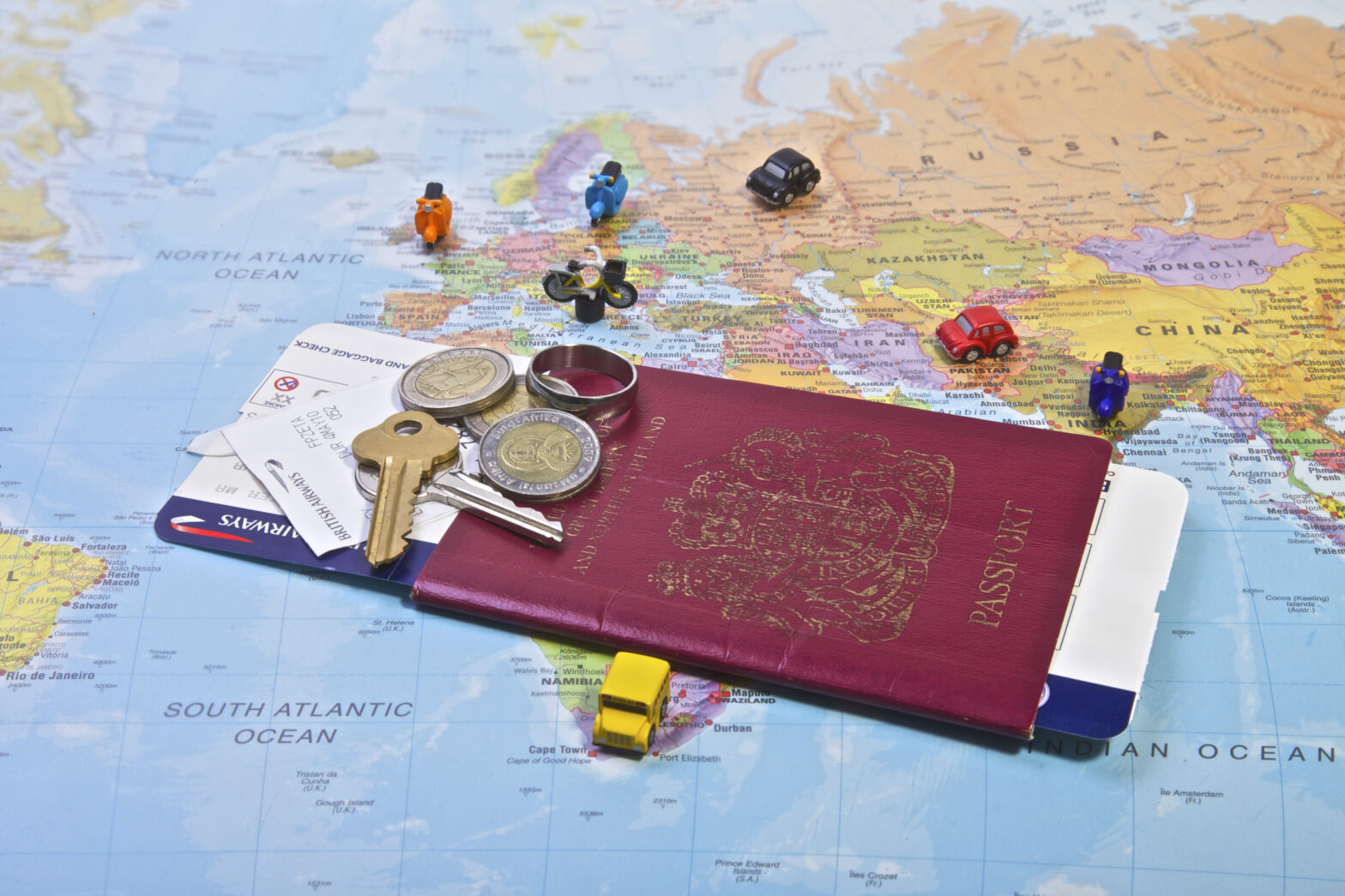With low prices and burgeoning geographical coverage, booking direct with a no-frills airline has an obvious appeal to the frugal business traveller. But business travel agents, or ‘corporate travel consultants’ as they like to be known, do possess some attractions. And rather than always using budget airline, why not give your key staff a few frills to make them comfortable on their way to a crucial meeting?
Saving man-hours is an obvious motivation. ‘You don’t want to have someone sitting at their desk all day trying to find out which airline is best,’ contends Ian Currington, a director of the Travel Management Group. ‘What we do is let those people get on with their job.
‘There is a fee, of course, as with any service. But if you have a reasonable amount of travel spend, we can get cheaper deals. We can organise corporate loyalty programmes too, which are a bit like the Tesco Clubcard, so every time an employee travels with a particular airline the company earns points that add up to free flights.’
Providing information reports is another agency service that most people will not be aware of, enabling management to monitor the whereabouts of staff on the move.
Size matters
And it’s not just larger companies that use agents, points out Currington. ‘Although we have clients that spend millions of pounds, we also have customers whose companies operate out of their bedroom. They want to concentrate on their business and not spend hours looking to save a just a few pounds.’
‘Perhaps the biggest advantage of a business travel consultant is that they provide round-the-clock cover and you can just ring up and make any changes you need,’ believes Richard Plummer, senior partner at The Corporate Travel Partnership (CTP). Although if you do believe a travel agent is needed, it is essential to define what services are required and not to agree to unnecessary extras, he continues. ‘You should ask yourself if you need all the facilities you’re paying for. Lots of companies are paying for extras they’re not actually using.’
Around 80 per cent of business travel is ‘out-and-back’ – London to Manchester and back, or London to New York and back – which is often between a company’s offices. The travel agent adds no value here. If something happens there are plenty of other flights available and travellers are very savvy nowadays. Plummer says, ‘Out-and-back journeys are very straightforward to book, you can do it online easily, but when dealing with intricate itineraries, it is probably best to use an agent.’
See also: The ins and outs of business travel – Many growing businesses find it hard to structure their business travel expenses. Promotional marketing group The Communications Agency shares its experiences.
So it may be a better idea to mix the use of a travel agent with some other sources. ‘The big debate in the industry at the moment is whether you want a one-stop-shop agent or a best-of-breed,’ Plummer notes. ‘For instance, a nationwide retailer will have a massive hotel need and nearly all travel will be done by car so a travel agent adds no value and a specialist hotel booking agency would be better.’
Making savings
Perhaps the biggest saving can just come from putting in place a sensible internal travel policy, with guidelines or rules for travel booking and details of preferred or chosen suppliers. This travel policy must be communicated to staff and have their support as well as commitment from senior management.
The CPT has found that removing unnecessary services provided by your travel agent may create savings of one or two per cent and there are possible savings of ten per cent of your travel costs by doing deals with airlines or hotels. But, Plummer declares, ‘The biggest saving you can make by a long way – 30 or 40 per cent – is by getting your traveller’s behaviour right. Examples of this would be booking in advance, booking fixed-date tickets, travelling off-peak and choosing lower-cost hotels. It’s traveller behaviour that drives cost savings more than anything.’
One way to ensure company travel policy is adhered to, if staff are travelling very frequently, is to centralise travel buying or even construct an internal corporate travel intranet. This can help to save time and minimise costs by reducing information requests to appointed agents. It can also provide information about preferred suppliers, thus driving up usage of them to help leverage better deals. Smaller budgets may not allow for discount deals but repeat business can be a useful bargaining tool in a buyers’ market.






